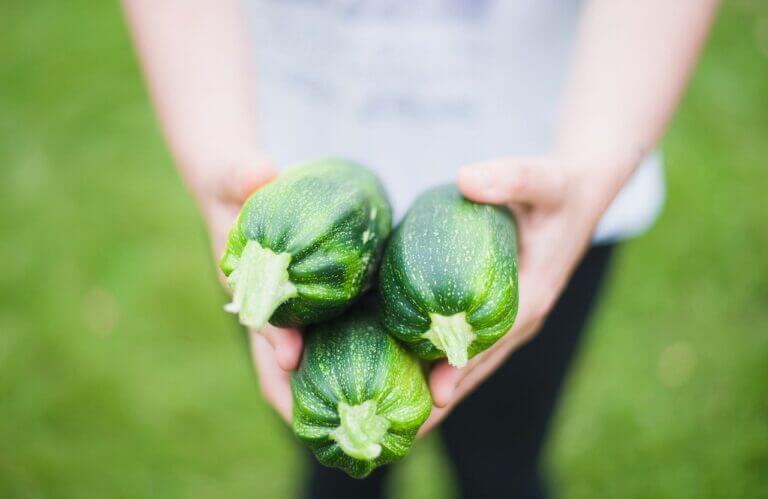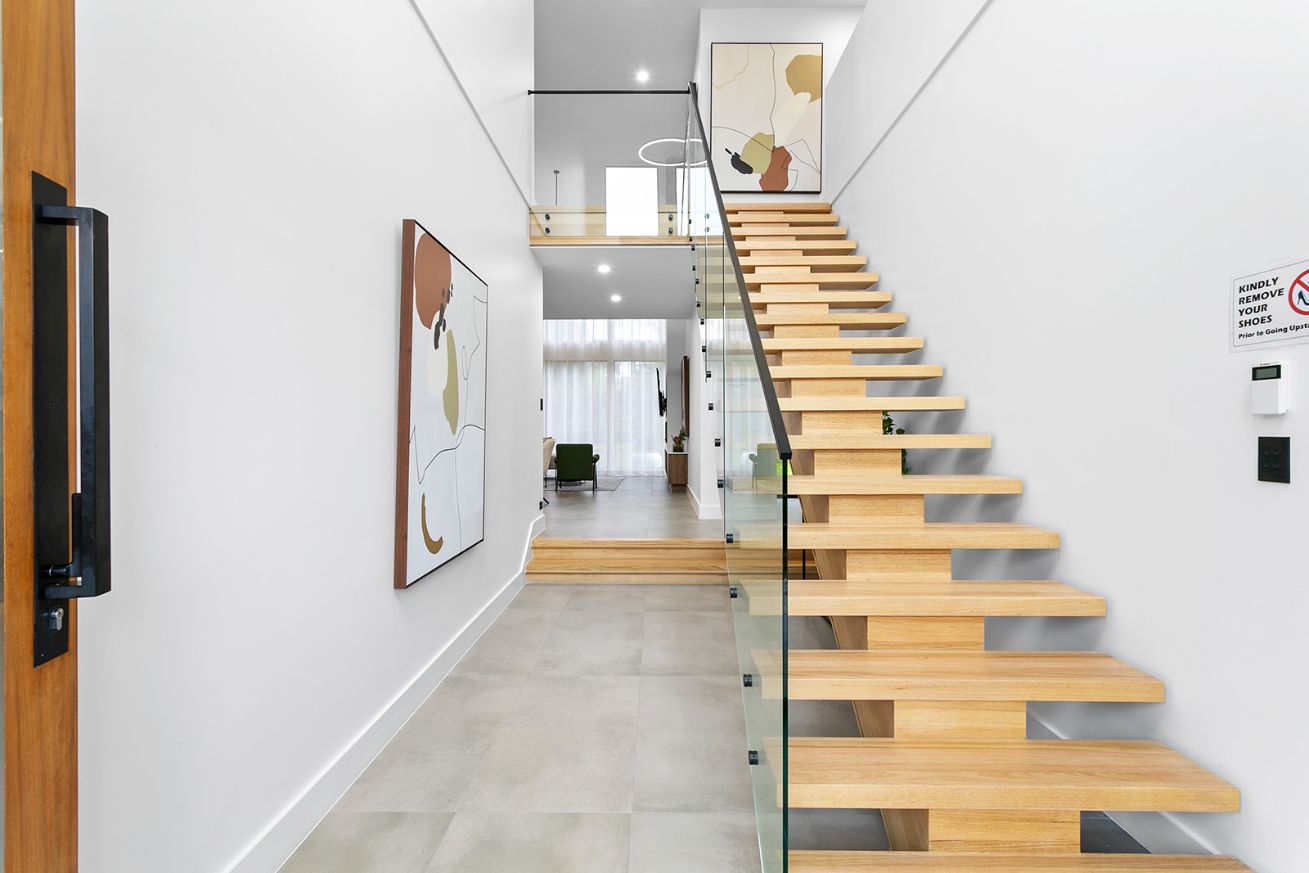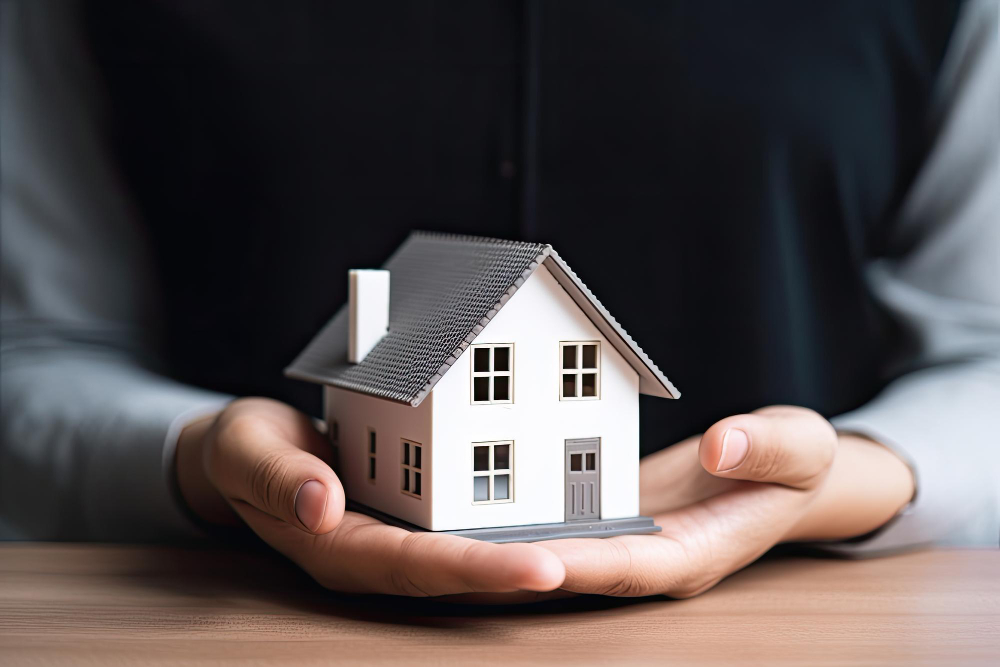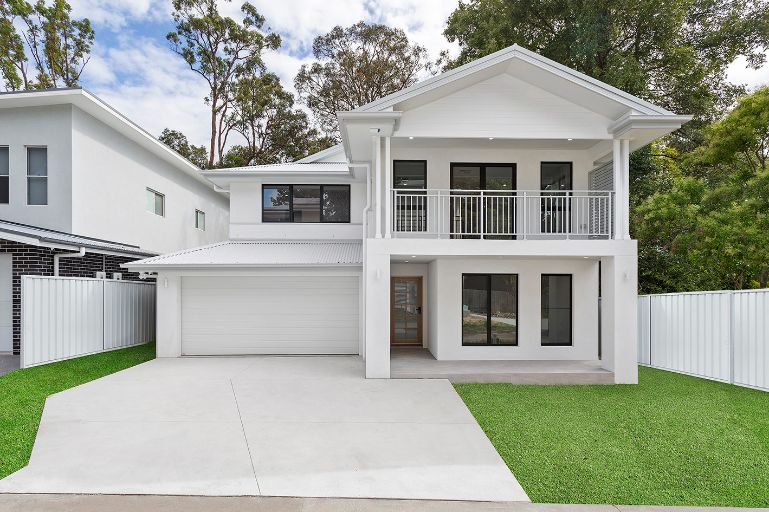
Escape to the country | The homestead life
Embracing a slower paced life is a dream most people entertain. Escaping to the country, living the homestead life by leaving the rat race behind is an attractive idea, no more so than in the grips of a global pandemic.
You don’t need acreage to focus on home, garden and family. Mute the noise caused by social media and technology by going back to our foraging and harvesting roots – even in your urban backyard.
Grow your own
The building block of self-sufficiency is to grow your own fruit and vegetables. It can seem overwhelming, but start small and you can quickly harvest enough to start feeding your brood. Vegie patches need sunny spots, so start with a garden box you can move around until you pinpoint the best place in your garden to establish a permanent garden. Plant seasonal, eat seasonal.
Preserve your harvest
Once your vegetable growing skills have borne fruit (as it were), you’ll quickly realise no one can consume that many zucchinis in a week. This is where preserving comes in: canning or jarring fruit and vegetables is a great way – in fact, the only way – to ensure your hard work over the spring and summer sees you through the cooler months.
Start composting
Composting has innumerable benefits to the average household, not least taking care of those kitchen scraps. Feed your compost all the good things – vegetable and fruit scraps, paper, grass and garden clippings – keep out the bad (meat, citrus, bread), and you’ll have a nutrient-, worm-rich compost that your new vegie patch, and all your garden beds, will love.
Keep some chickens
These feathered garden friends not only provide healthy eggs, they’re also quite a bit of personality. Select breeds and numbers based on your garden size and needs. Even small decorative breeds like silkies have good egg production, and won’t destroy your garden in the process. Make sure you look into council regulations in your area.
Tend a beehive
Beehives are a wonderful way to give back to nature and score lovely organic honey in the process. All beekeepers in NSW who own bee hives must be registered with NSW Department of Primary Industries. Bees require a dry, sunny position, preferably with a north-east aspect. Windy locations are not suitable for maintaining temperature and humidity in the hive. Consider flight paths and place hives away from human traffic areas like footpaths, back doors and vegetable gardens, and check out the excellent Aussie beehive Flow.
Make some friends
Bartering is the backbone of homesteading. Find the people in your community who are passionate about growing their own too, and set up a bartering system. Your-eggs-for-their-tomatoes system can be a great way to diversify your own crops, and make new friends in the process.
Explore eco living
Ultimately, homesteading is about reconnecting with nature: learning how to grow our own, work with our hands and lead a more sustainable, eco-conscious life. Solar panel energy, rainwater harvesting, glazed windows, mechanical ventilation with heat recovery (MVHR) systems, using natural building materials where possible – there are many things, big and small, home owners can do to lead a more environmentally friendly, homesteading existence.
Want to know more about homesteading and making the most of your land and house? Get in touch today.
Experience
the
Difference
Ready to start your building journey? Chat to our team of experts today and get a FREE personalised quote
Find Out More
Related Posts




